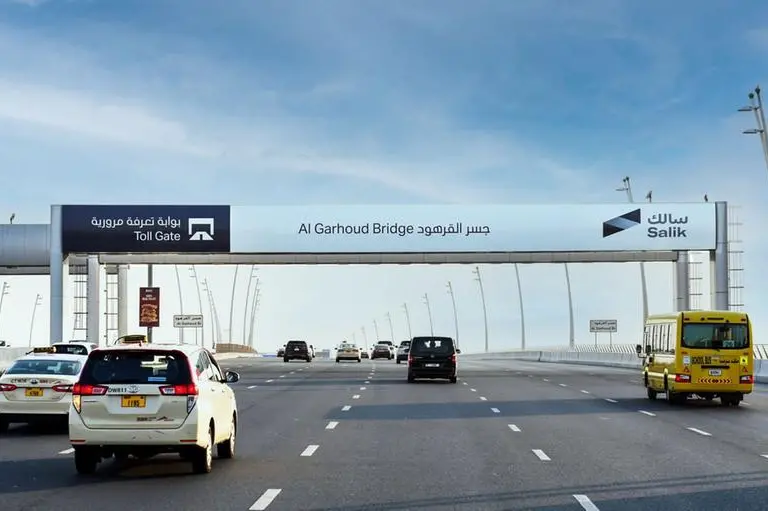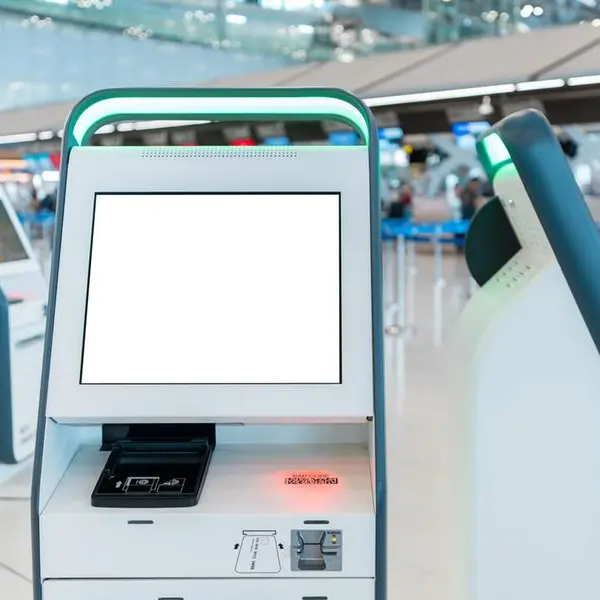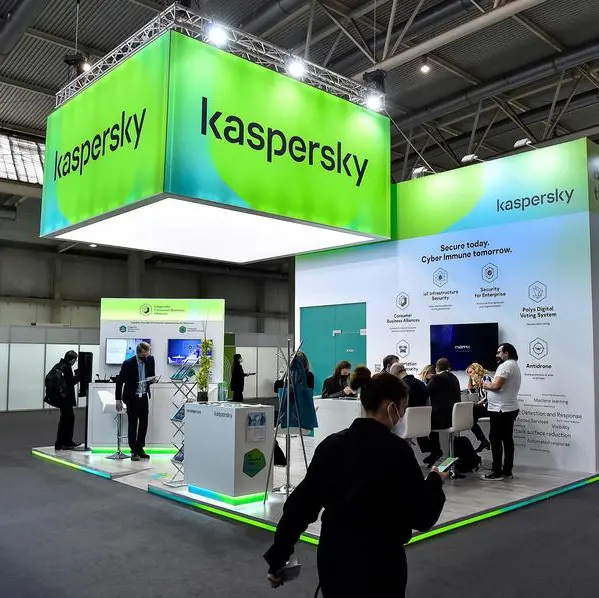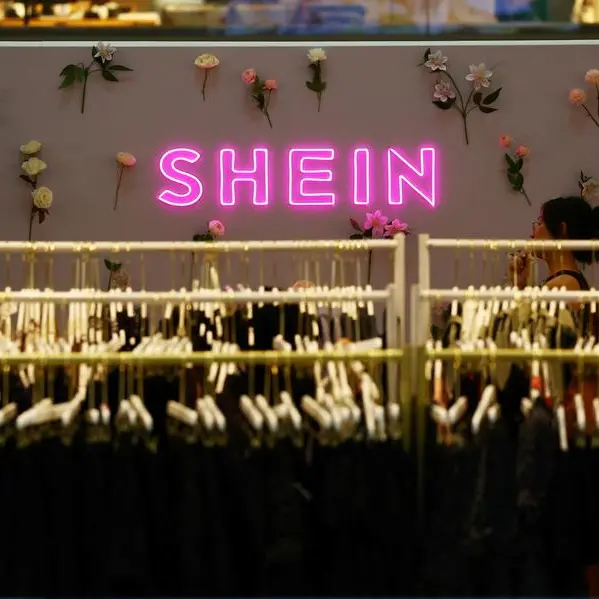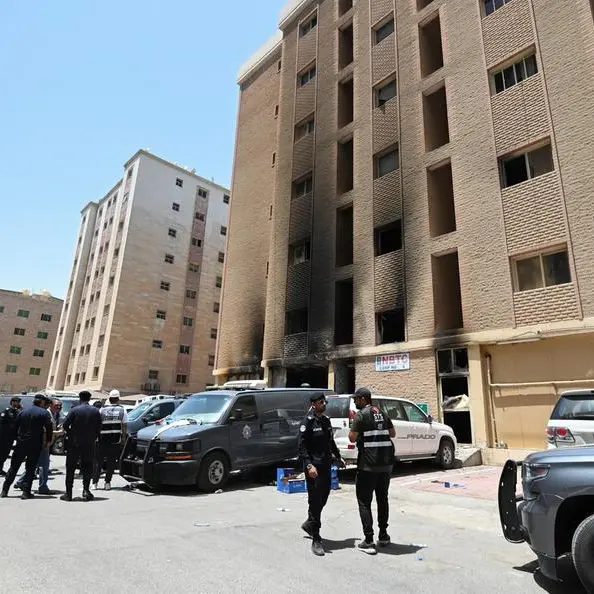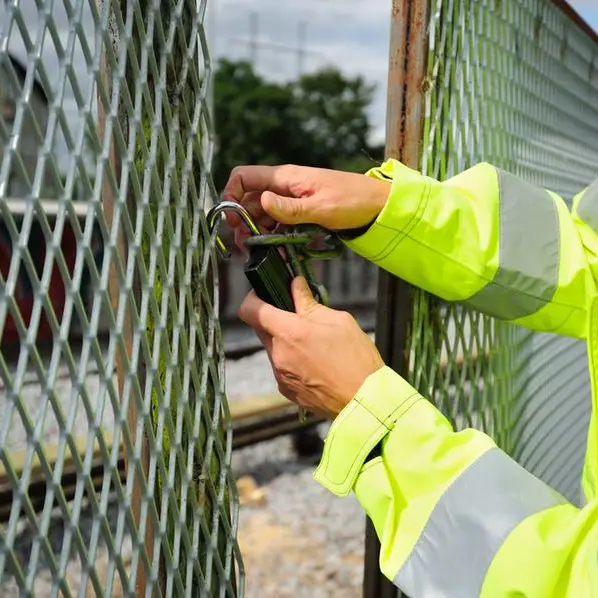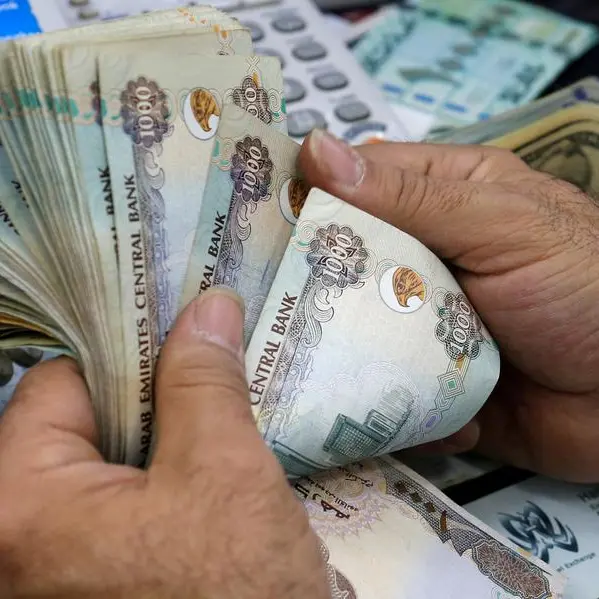PHOTO
There is a need for new Salik gates from a traffic management perspective as the toll gates play a major role in the management of the city’s traffic, Ibrahim Al Haddad, CEO of Salik Company, told Khaleej Times in an interview on Tuesday.
However, he stressed that the decision to install new toll gates rests with the Roads and Transport Authority (RTA), Dubai, and depends upon the approval of the Executive Council of Dubai.
Toll gates were introduced by the RTA in 2007 as part of a traffic management plan as well as to increase new sources of revenue for the government. Eight toll gates are installed across the city’s major corridors, especially Sheikh Zayed Road, recording 293 million trips in the first half of this year, an increase of 9.8 per cent during the January-June 2022 period. Each trip through the toll gate costs four dirhams.
“As we speak, there is of course a need for new gates from a traffic standpoint. But the decision from a technical perspective stays with the RTA, which studies and raises the recommendation and then it finally goes to the Executive Council, Dubai. Once we receive an official confirmation and instruction, we are entitled to operate eight existing gates and any future gates,” said Al Haddad.
The toll gate operator launched its initial public offering (IPO) last year, recording unprecedented interest from investors. It raised nearly Dh3.7 billion ($1 billion) while total subscriptions reached Dh184.2 billion ($50.2 billion). Salik stocks are also in high demand and are one of the most actively traded stocks on the Dubai Financial Market. Trading at Dh3.16 per share on Tuesday, it is up by nearly 60 per cent from its offering price of Dh2 a share.
It reported the highest quarterly toll usage revenue in Q2 2023 since the start of operations, recording a 13.8 per cent increase in revenue year-on-year to a record Dh455 million.
“Today, all I can say about the new gates is that the city has the need to bring more measures (for traffic management) and one of them is a new gate. We are having a discussion with RTA and this can be a very detailed discussion of when and where. However, it is a mandate of the RTA because it is one of the traffic management tools of the city. The government will make a final decision on it,” Al Haddad said during the interview.
Traffic growth revised upward
Dubai’s roads have been witnessing a steady increase in traffic since the pandemic as more companies and people flock to the city, attracted by its high quality of life, top-class infrastructure, safety and better opportunities. This prompted Salik Company to revise upward its traffic growth forecast for this year.
“Traffic is growing and we changed our traffic growth guidance for investors from 5-6 per cent forecast to 9-10 per cent for this year after the first half of 2023 numbers. We are communicating to the market that growth was exceeding our expectations,” he explained.
The Salik chief executive added that the company has the right tools, competency and capability to secure any new project whenever it is approved.
Advertisement on the gate
The Dubai-based company is looking to grow organically before it looks at inorganic growth prospects.
“We are expecting growth from increased population, visitors and the number of commuters passing through Dubai and to Dubai. We are looking at other avenues also like digital and physical advertisement and data monetisation from traffic volume that goes through Salik gates,” Al Haddad said.
Salik has four million cars registered in its database that use the toll gate.
“You might see some advertisement on the gate, given the technical and commercial feasibility. We are looking at a long-term collaboration with one of the strongest operators of advertising in the city. We approach new businesses when it suits our DNA.”
Solar panels on toll gates
As part of its sustainability initiatives, it has exempted electric vehicles from tag prices and also adopted a paperless strategy. It recently conducted an internal full-fledged ESG (environmental, social and governance) strategy that will be launched very soon.
“We have installed solar panels on Jebel Ali Gates which supply 15 per cent of energy. We intend to expand this experience to other existing gates and any other future gates,” said Al Haddad.
